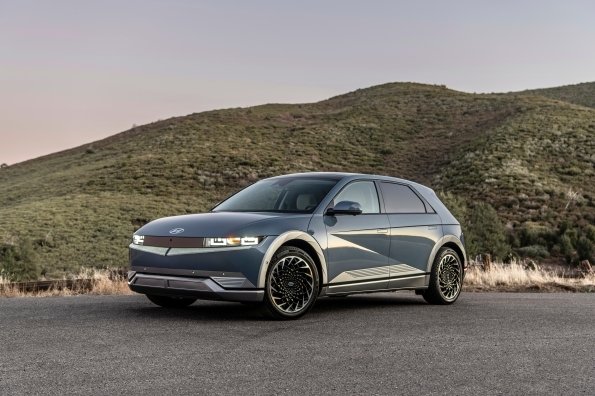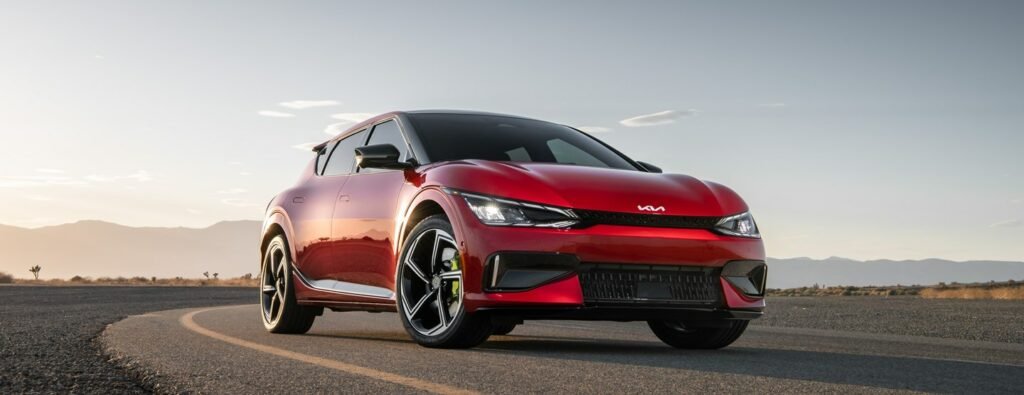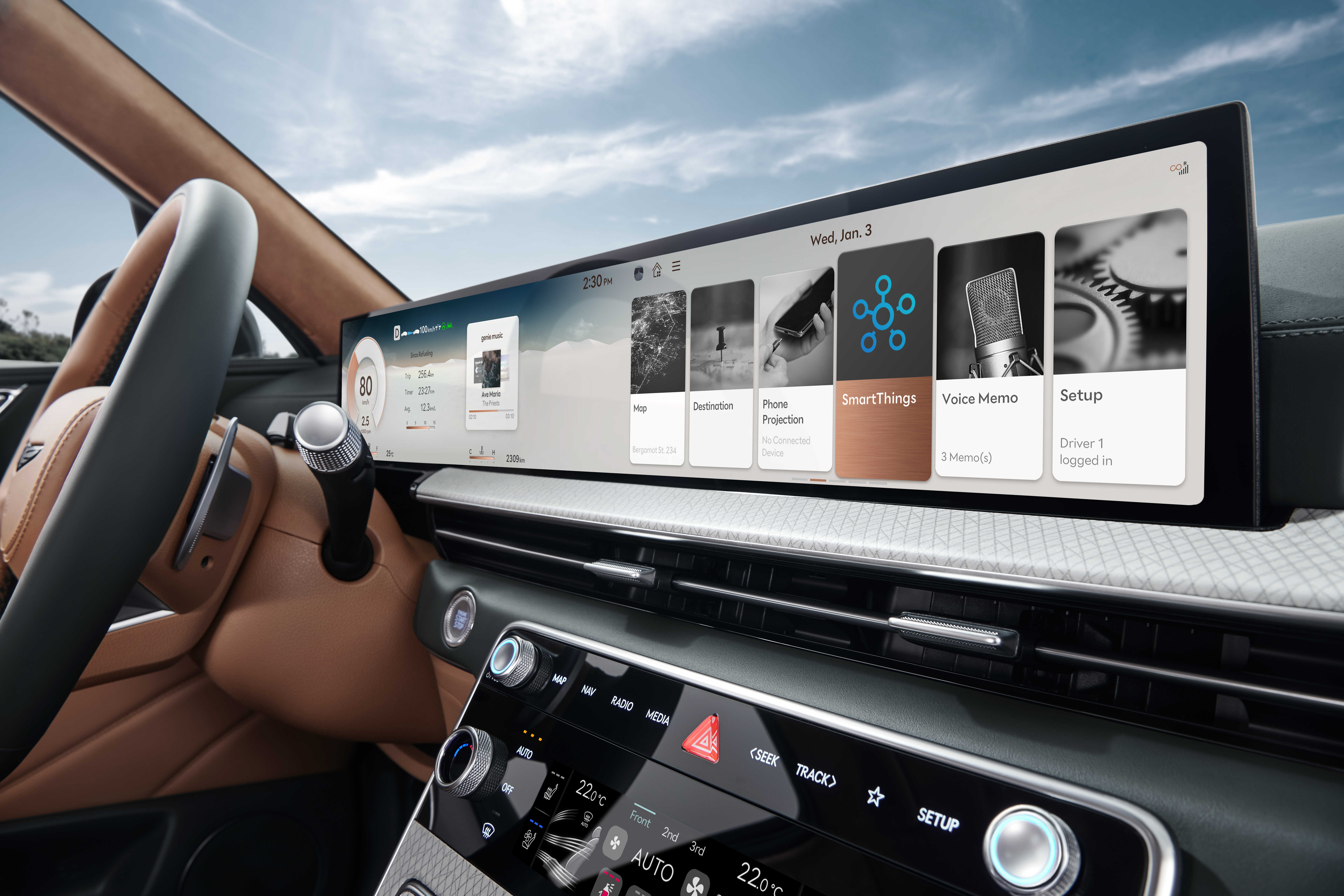The electric vehicle (EV) market in the United States is witnessing a significant shift as South Korean automakers Hyundai and Kia emerge as formidable competitors to Tesla, the long-standing market leader. With a combined market share of 7.5%, Hyundai and Kia have surpassed legacy automakers like General Motors and Ford, positioning themselves as the second-largest EV group in the US.
Sales Performance and Market Share
Tesla continues to dominate the US EV market with a 57.4% share, but Hyundai and Kia’s rapid ascent is noteworthy. Despite not qualifying for the Inflation Reduction Act’s $7,500 tax credit, Hyundai Motor Group’s EV sales have surged, indicating strong consumer demand for their electric vehicles. The Hyundai Ioniq 5 and Kia EV6, in particular, have garnered attention for their competitive pricing and innovative design, contributing to their sales momentum.

Product Comparison and Consumer Perception
Once perceived as manufacturers of low-end, unreliable cars, Hyundai and Kia have repositioned themselves in the EV space. Their electric vehicles are now seen as on par with, if not superior to, their Tesla counterparts in terms of quality and affordability. The Hyundai Ioniq 5 and Kia EV6 have been praised for their high style and early success, with the Ioniq 5 being named Motor Trend’s 2023 Car of the Year. In head-to-head comparisons, the Hyundai Ioniq 5 has been noted for its bold design and competitive performance against the Tesla Model Y.

Future Outlook and Challenges
The number of EV models available for sale is expected to nearly double this year, which will introduce stiffer competition for Hyundai and Kia. However, Hyundai Motor Group is not resting on its laurels. The company is investing heavily in research and development, with plans to become one of the world’s top three EV makers by 2030. This includes the development of new platforms, the expansion of EV lines, and the construction of a $5.5-billion EV plant in Georgia, which will enable Hyundai EVs to qualify for tax credits and further boost their market presence.
Conclusion
Hyundai and Kia’s rise in the US EV market is a testament to their strategic focus on quality, design, and affordability. While Tesla remains the market leader, the South Korean duo’s impressive performance and ambitious plans for the future suggest that the race for EV dominance is far from over. As the market continues to grow and evolve, consumers can expect a wider range of electric vehicles that cater to diverse preferences and needs.
Source: https://qz.com/tesla-hyundai-kia-ev-market-competition-us-sales-1851176391






